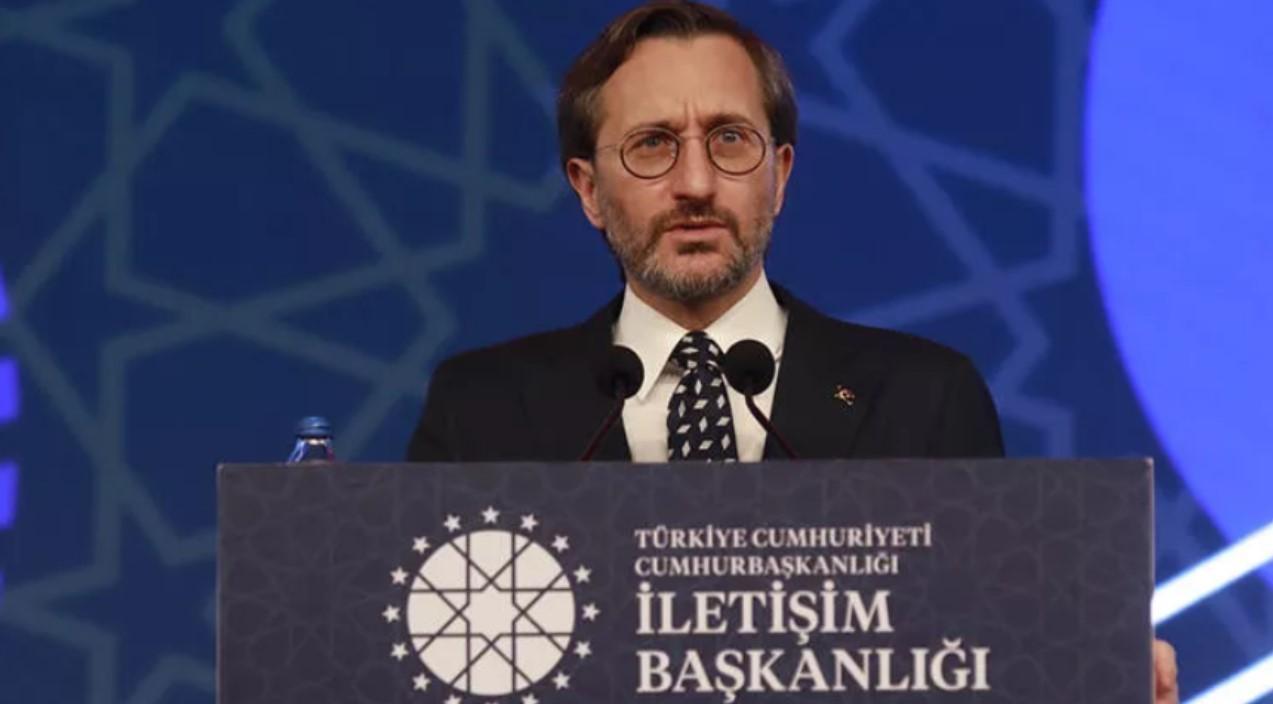
Some 37 of the “Diyarbakır mothers,” a group of mothers carrying out sit-in protests claiming that their children were abducted by the PKK, have been reunited with their children so far, Presidential Communications Director Fahrettin Altun has said.
“This reunion was undoubtedly the will of these families, their patience and their longing for their children,” Altun said, calling to support and raise their voices.
Informing that 37 families participating in the “child watch,” started by “Diyarbakır mothers” and shared by hundreds, have been reunited with their children so far, Altun criticized opposition parties for “not giving enough support.”
“I strongly condemn those who code themselves as the opposition of this country for the sake of political pragmatism to exclude, ignore and even reject a mother’s heart, which is the most legitimate, purest and most conscientious place in the world,” Altun said.
“As long as they succeed and reunite with their children, the members of the damned terrorist organization and their political offshoots will go crazy,” he added.
Stating earlier that both “Diyarbakır mothers” and “Saturday mothers” are right, main opposition Republican People’s Party (CHP) leader Kemal Kılıçdaroğlu said, “We need to share the pain of those mothers. We do not discriminate in society.”
“Saturday mothers” are the mothers of individuals who were subjected to forced disappearance under state supervision, and they have been gathering every Saturday at Istanbul’s Galatasaray Square since 1995 to demand justice.
The actions of PKK, such as child kidnapping, were reported to the global public opinion through many international reports, such as the Report of the United Nations High Commissioner for Human Rights, according to a workshop carried out in Istanbul.
In its more than 35-year terror campaign against Türkiye, the PKK, listed as a terrorist organization by Türkiye, the U.S. and the European Union, has been responsible for the deaths of at least 40,000 people, including women, children and infants.